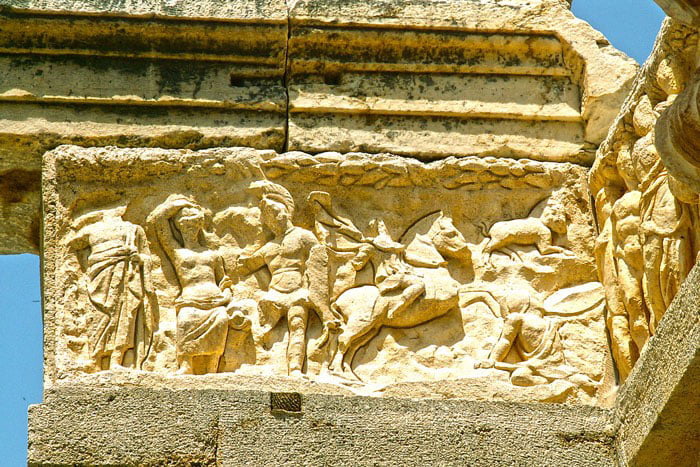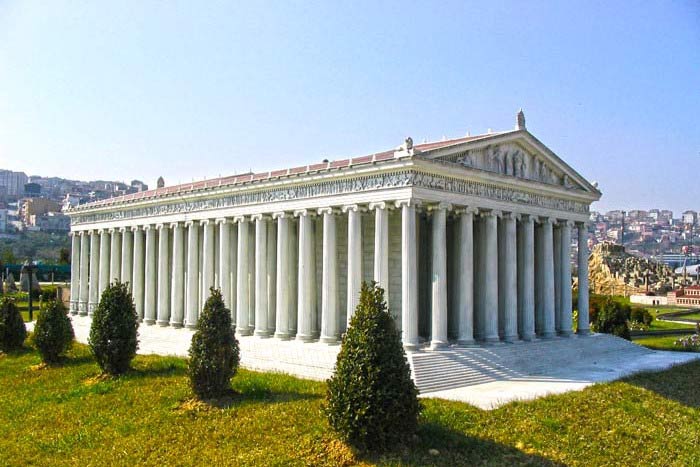Walking tour Ephesus – Turkish Food Culture
Walking tour Ephesus – According to many culinary experts, Turkish food is considered to be among the top three greatest cuisines in the world along with French and Chinese. Some may agree with the French and Chinese but find the Turkish one debatable. When looking back at Turkish history, the reason for Turkish cuisine being ranked among the top three cuisines in the world can be understood better. Let’s take a look.
Original Turks lived a nomadic life style and migrated from the Far East Asia; (mainly Western China Tibet and Mongolia regions) to the current geographic location of Turkey and surrounding areas. As they moved from the Far East to Asia Minor (current Turkey); the Turkish ancestors adopted various foods from various cultures along the way which led to a very diverse although developed and refined cuisine. For instance, ‘manti’ (small pieces of dough stuffed with minced meat and spices topped with yogurt sauce) is supposedly adopted from Chinese dumplings. It is said that the idea of ‘dolma’ (stuffed vegetables) came from ‘manti’.
Due to their nomadic lifestyle, the nomadic Turks’ diet was mainly based on animal products such lamb, goat and game. Different techniques of preserving food were invented in order to prevent food from spoiling. Perhaps ‘pastirma’, which is dried cured beef mainly made in the city of Kayseri; in Cental Anatolia region came about from the need to preserve meat without spoiling. It is no secret that the integration of nomadic Turks with other civilizations; geographic locations and weather had influenced their culinary traditions which brings us to food culture of the Ottoman Empire.
Walking tour Ephesus – Ottoman Empire
The vast Ottoman Empire which covered three continents for a length of almost 600 years and controlled the spice road; influenced food culture from North Africa to Eastern Europe (up to Vienna, Austria) and most of the Middle East. Leaving a trace of similarities in the current Mediterranean, Eastern Europe and Middle Eastern cuisines. The Imperial Palaces had enormously large kitchens; that had separate cooks for each kitchen specializing in one single type of dish that was developed and perfected over time.
For example, each cook specialized in ‘pilav’ (pilaf), ‘dolma’, ‘baklava’, ‘kebabs’, ‘desserts and so on. Dried fruits such as apricots, raisins, currants and the best quality spices frequently were employed in cooking. Through development and improvisation, the Ottoman Cuisine evolved to be the current Turkish cuisine. After the end of Ottoman Empire; the modern Republic of Turkey was founded in 1923 adopted the same delicious cuisine and cooking techniques.




